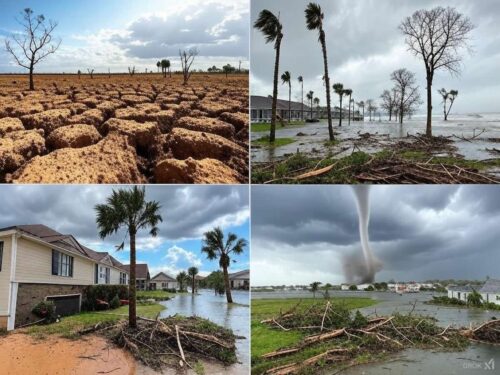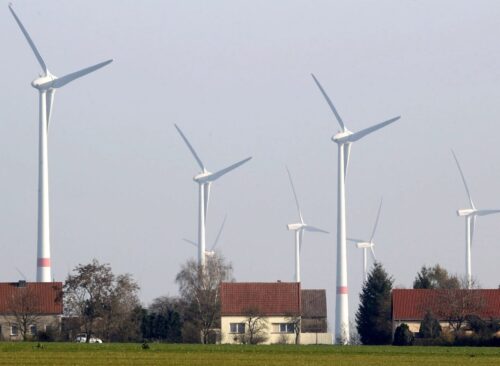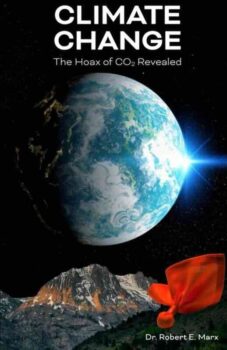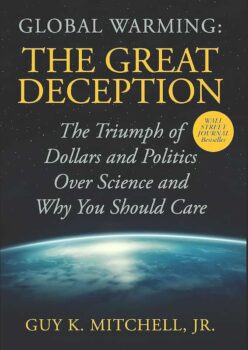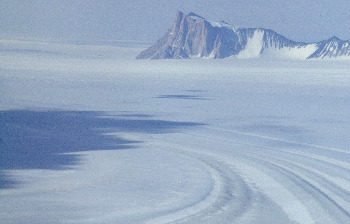
In 2009, Al Gore announced ‘there is a 75 per cent chance that the entire north polar ice cap, during the summer months, could be completely ice-free within the next five to seven years.’ The dates by which climate scientists and politicians said the ice would disappear have come and gone, while the ice has remained. Undaunted, fresh predictions have been made in every subsequent year. One problem that persists is that there is still only a relatively short series of direct measurements on which to base our understanding of the Arctic. Satellite monitoring of the Arctic only began in 1978, giving us less than forty years of reliable data. This may not be enough to establish what is normal ‚Äì or abnormal ‚Äì for the region. Until the noise of a century of media hype and unscientific speculation about the Arctic has been removed from the public debate, science will be unable to explain what, if anything, the signal from the Arctic is telling us. —GWPF Climate Briefing, November 2016
Donald Trump plans to put NASA’s focus back on space exploration and cut away programs that study climate change. Bob Walker, an adviser to Trump, told The Guardian that the incoming president wants to keep NASA away from ‘politicized science.’ Other government agencies can take on climate research, he said. ‘We see NASA in an exploration role, in deep space research,’ Walker told the publication. ‘Earth-centric science is better placed at other agencies where it is their prime mission.’ –Francesca Chambers, Daily Mail, 23 November 2016
The international news media is reporting that Donald Trump has changed his mind on climate change and the Paris climate agreement. Yet the transcript of his New York Times interview shows it is far too early to know what the next US President will do about climate and energy policy. —GWPF, 23 November 2016
The election of Donald Trump and Republican majorities in both houses of Congress have terrified environmentalists and climate campaigners, who have declared that the next four years will be a “disaster.” Fear is understandable. We have much to learn about the new administration’s plans. But what little we know offers some cause for hope. Trump’s promise to dump Paris will matter very little to temperature rises, and it will stop the pursuit of an expensive dead end. –Bjorn Lomborg, The Washington Post, 21 November 2016


